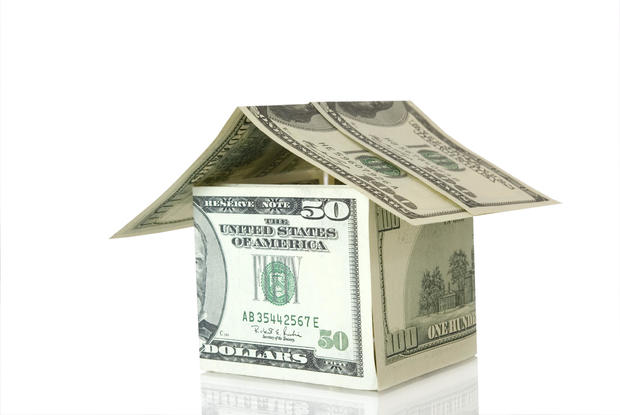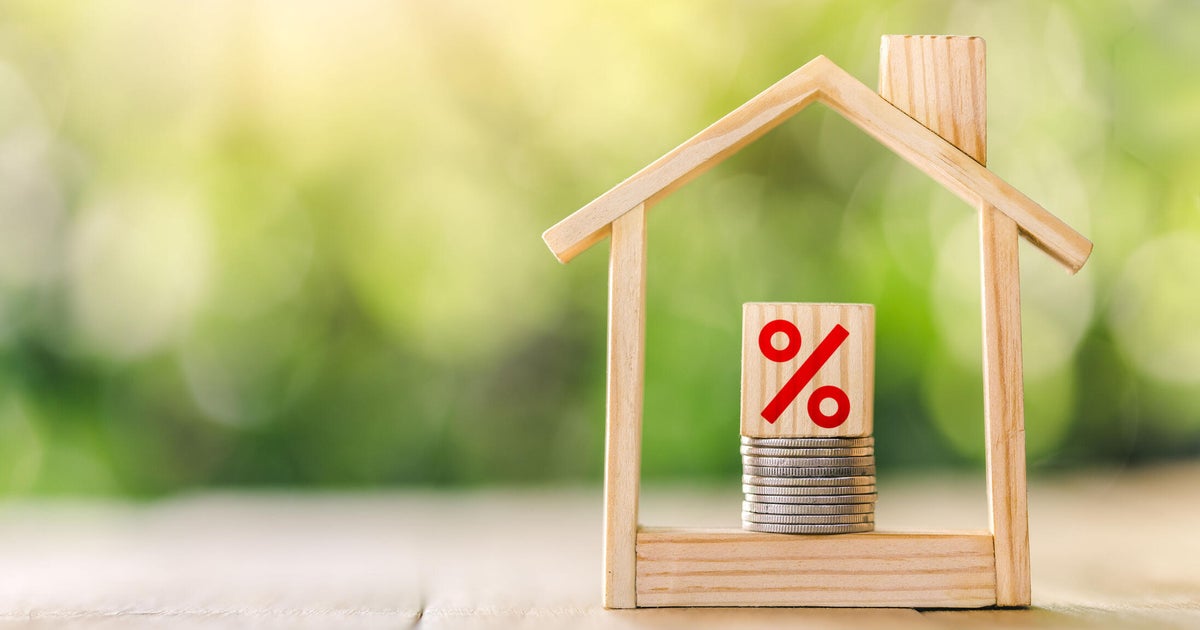When could home prices fall in 2024? Here's what experts think.
Heading into the new year, home prices remain in the same general range as they were at the year's start, with a national median list price of $411,000 according to Redfin data. That's up from $400,000 in January 2023.
Meanwhile, new indicators suggest there may be some easing in the housing market. Housing inventory rose 7.5% year-over-year in November. More homes on the market could create more competition for sellers and potentially drive home prices downward.
Also, the Federal Reserve's recent interest rate pauses may trigger more activity in the market among buyers hopeful that the Fed's campaign of interest rate hikes may be coming to a close. While the federal funds rate doesn't directly impact mortgage rates, mortgage lenders tend to raise and lower rates in line with the Fed rate.
So, what impact will changes in the real estate market have on home prices in the new year? While many experts foresee home prices either maintaining their current value or rising, some believe a modest price drop is on the horizon. Projections from several market experts can help us see a clearer picture of where home prices could be headed.
If you're in the market for a home then start shopping for rates and lenders here now.
When could home prices could fall in 2024?
Ellen Zentner, a chief U.S. economist for Morgan Stanley, anticipates a marginal price decline in 2024. "We expect home sales to be weak in the first half of next year, but activity should pick up in the second half and further into 2025, and that's primarily because affordability will improve," said Zentner on the financial services firm's podcast. "We also think homebuilding activity will be stronger in the second half of next year. Home prices should see modest declines as growth and inventory offsets the increase in demand. By 2025, with lower rates, existing home sales should rise more convincingly."
Likewise, Realtor.com sees home prices beginning to decline in 2024, falling 1.7% over the year. "We expect that the return to pricing in line with financing costs will begin in 2024, and home prices, mortgage rates and income growth will each contribute to the improvement. Home prices are expected to ease slightly, dropping less than 2% for the year on average."
Aaron Gordon, a branch manager at Guild Mortgage, anticipates market changes could precipitate a drop in home prices. "I expect home prices to come down a tick in 2024 as we get to spring and summer," says Gordon, adding that homeowners could sell their homes and take their profits and either rent temporarily or buy another home.
"The buyers will ignore higher rates with a plan to refinance when they eventually come down," Gordon says. "Combine that with aging baby boomers moving to retirement communities or into assisted living, and we'll see more inventory in 2024. Rates won't be coming down much until the end of the year, so higher supply and continued lower demand will bring prices down some."
See what mortgage rate you could qualify for here.
Could home prices rise in 2024?
While some experts project a decline in home prices in 2024, most see prices remaining elevated or even increasing in 2024.
According to Doug McCoy, director of the Center on Real Estate Studies at the Indiana University Kelley School of Business, home prices will not fall and will remain elevated or even increase in 2024 for several reasons. "There is limited supply, sellers won't budge, employment is strong, wages are rising, household formation is positive, interest rates are settling and the cost to construct new homes is increasing."
Sam Sharp, EVP of national sales at Guaranteed Rate, points out that local economic factors often drive property prices. "Although I do think home prices will increase in 2024, it's important to remember that real estate is local. There will be markets that will see severe price declines. We are already seeing a drop in markets like Texas and Florida, which is to be expected given the quick pop in values and what may be an oversupply of building. However, throughout the country, most cities still have a significant shortage of supply and a higher demand, which continues to drive the prices up."
Monitor housing market changes
While economists and real estate market experts can look at indicators to make educated projections for the future of home prices, it's important to remember that the market changes fast. Keep an eye on factors that could impact home prices, such as housing inventory, new housing construction and overall economic conditions in your area.
Of course, mortgage rates will also be a significant factor in determining future home prices. Even if home prices go down, many experts anticipate rates to stay elevated for the foreseeable future. "Interest rates are settling into a new normal for the long-term, which will adjust potential buyer's mortgage interest rate expectations—causing them to move forward with purchases at current rates," notes McCoy.




